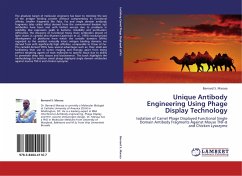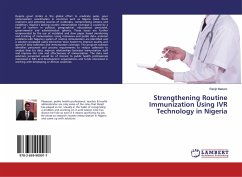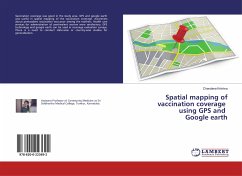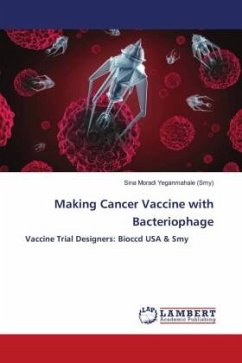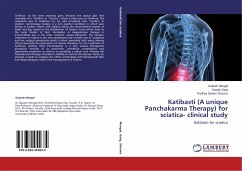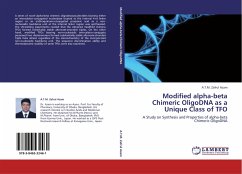The absolute target of molecular engineers has been to minimize the size of the antigen binding protein without compromising its functional affinity. Smaller fragments like Fabs, Fvs and single domain antibody fragments (also called dAbs) derived from the conventional bivalent IgG antibodies have been met with limited success due to problems in solubility, low expression yields in bacteria, instability and purification difficulties. The discovery of functional heavy chain antibodies devoid of light chains in camelid sera (Hamers-Casterman et al., 1993) revolutionized development of platforms from which the variable domains (VHHs) regarded as the smallest naturally intact antigen binding domains are derived from with significantly high affinities, comparable to those of Fvs. The camelid derived VHHs have several advantages such as; their small size facilitating their use in tumor imaging and therapy apart from being perfect targeting agents of toxic molecules to specific tissue due to ability to penetrate deep into tissues and bioclearence. This book highlights the methodology for isolation camel phage displayed single domain antibodies against murine TNF- and chicken lysozyme.

